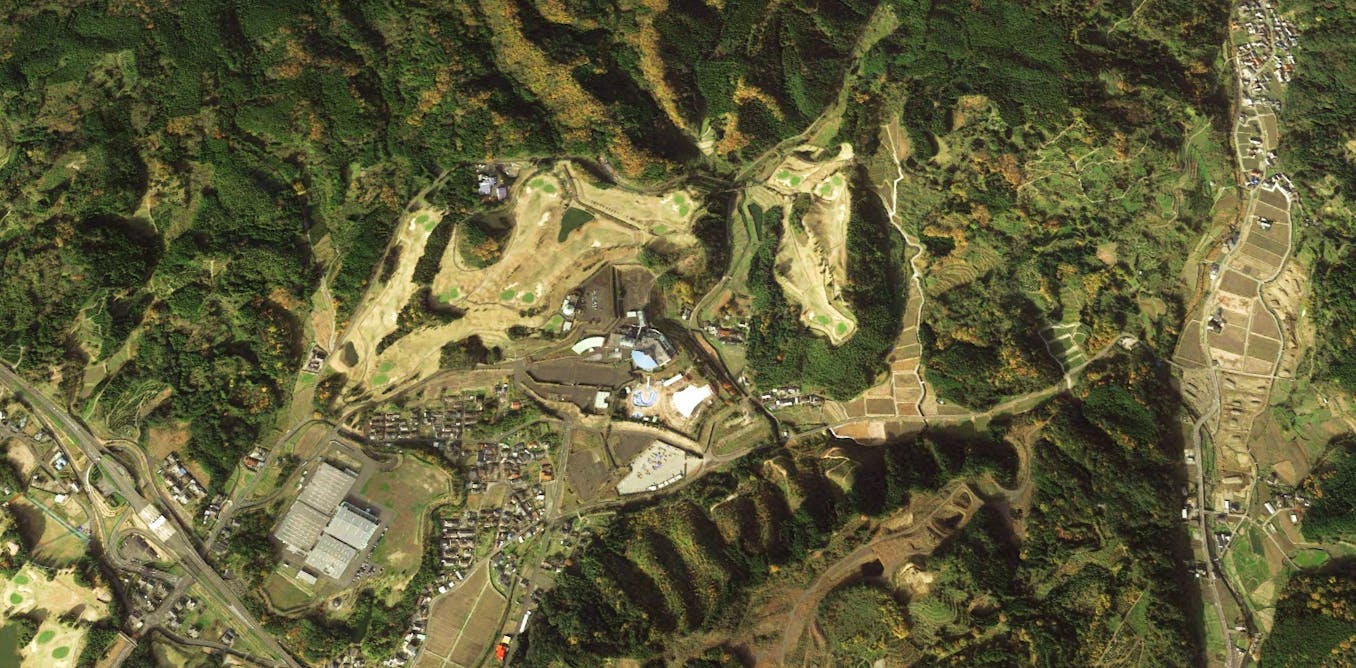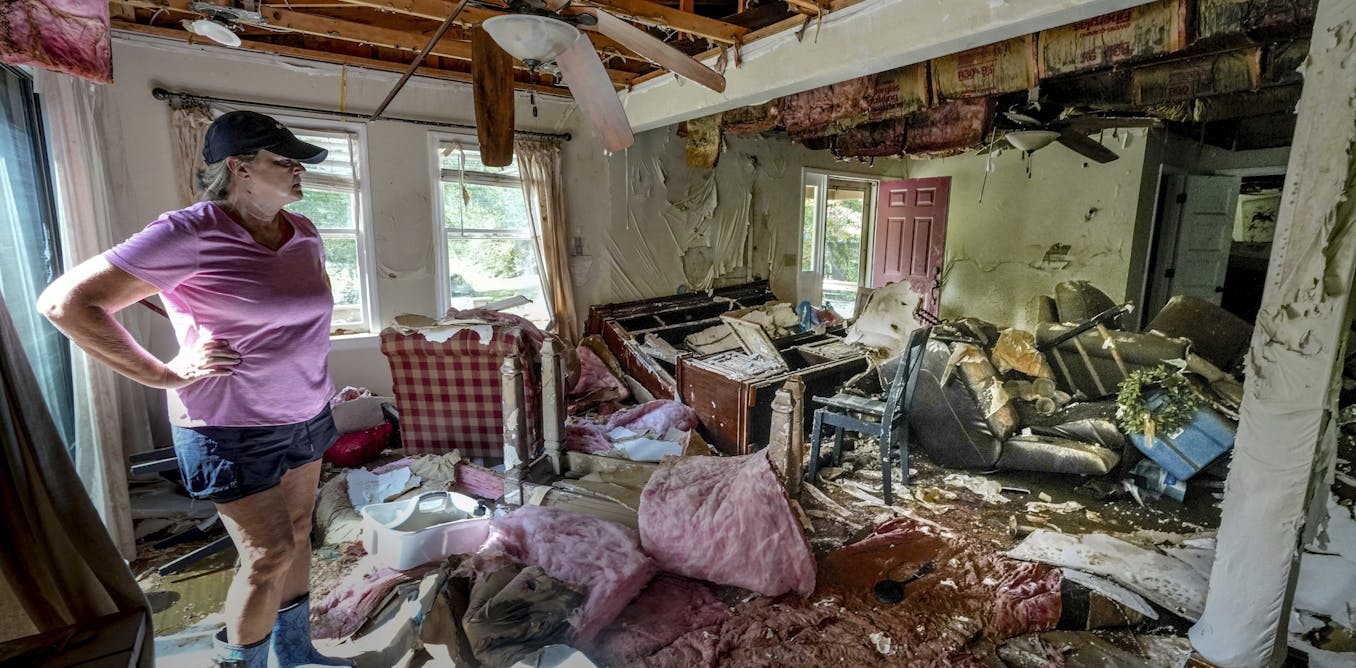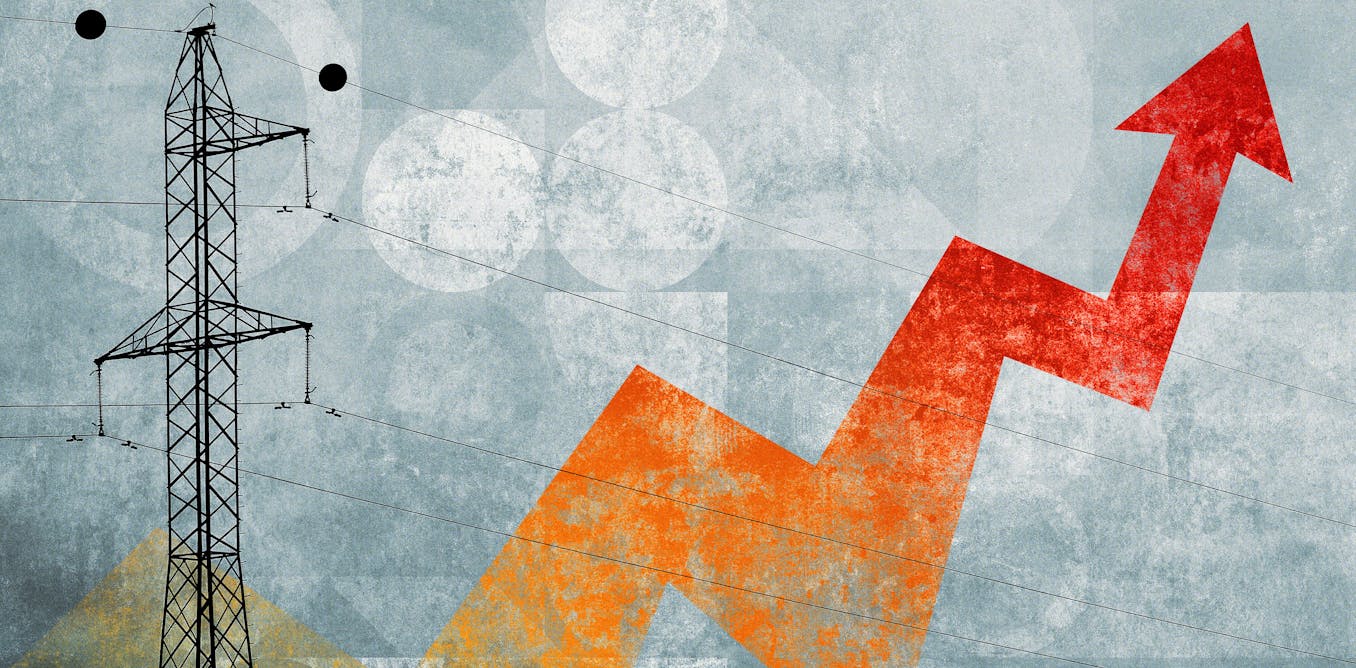Hurricane Helene set up future disasters, from landslides to flooding – cascading hazards like these are now upending risk models
Risk models can’t rely just on the past anymore. A team of geoscientists suggests new ways to forecast evolving hazards in real time as cascading disaster risk worsens.
June 26, 2025 • ~7 min
Natural disasters don’t disappear when the storm ends or the earthquake stops – they evolve
Risk models can’t rely just on the past anymore. A team of geoscientists suggest new ways to forecast evolving hazards in real time as cascading disaster risk worsens.
June 26, 2025 • ~7 min
Natural hazards don’t disappear when the storm ends or the earthquake stops – they evolve
Risk models can’t rely just on the past anymore. A team of geoscientists suggest new ways to forecast evolving hazards in real time as cascading disaster risk worsens.
June 26, 2025 • ~7 min
Low-income homeowners hit by disasters may get less help from the government, as Trump administration nixes rules on fairness, community input and resilience
Changes made to comply with executive orders could interfere with the mission of a program that has historically helped some of the people who most need a hand.
June 20, 2025 • ~8 min
How the ‘Big Beautiful Bill’ positions US energy to be more costly for consumers and the climate
Some technologies could rapidly cut emissions, while others do little to fight climate change. The House bill favors the latter while nixing support for the former.
June 10, 2025 • ~10 min
/
77








